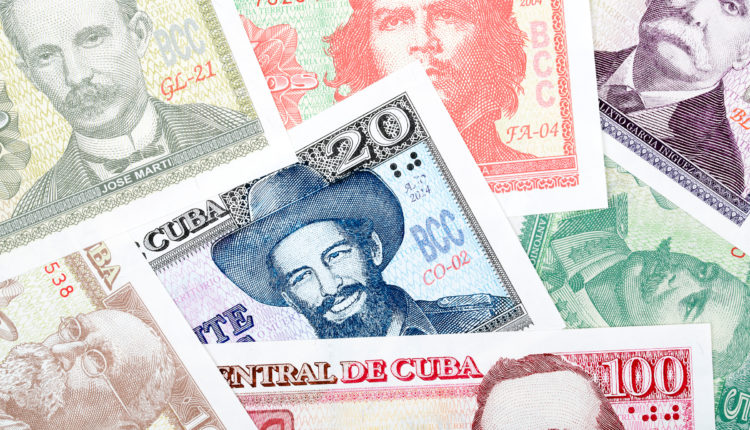
What are Cuban workers paid?
HAVANA – A look at the latest figures on the average salaries in Cuba reaffirm a sustained growth, although insufficient, in the state and mixed economy sectors, together with historical territorial differences, and the different types of employment activities.
The average salary in the state sector rose by 102 Cuban pesos the previous year, according to the Average Salary in Figures report (Cuba 2019), carried out by the National Office of Statistics and Information (Onei).
According to this annual report, the average salary for 2019 was 879 pesos (equivalent to 37 dollars) higher when compared to 2018, which was 777 pesos. Salaries for the past 12 months are also higher than that of 2017 (767 pesos), and that of 2015 and 2016 (687 and 740 pesos, respectively).
Entities studied for the national analysis were the Budgeted Units, Companies and Economic Organizations, Cuban Mercantile Societies, Mixed Companies, Associations and Foundations, and Political and Mass Organizations.
The province of Artemisa saw the highest increase in wages. The average salary in that territory is higher than the national average — 989 pesos. Another place where the salaries are higher than the national average is Ciego de Ávila.
The reason for higher wages in these areas could be related to the two largest employment centers in the country that fall in their areas: the Mariel Special Development Zone (in Artemisa), and salaries received by a large part of the northern keys workers of the Cuban archipelago who are employed in the international and national tourism sector.
The eastern provinces of the country and the special municipality of Isla de la Juventud (Isle of Youth) fall well below the national average index. Granma, Santiago de Cuba, Guantánamo and the Isle of Youth have an average monthly salary of less than 800 pesos.
The benefited sectors
The data analysis points to activities whose income has decreased such as fishing, agriculture, livestock, forestry, and other lines of commerce and services proving that the main reason for increased salaries in Cuba is related to the salary increase approved in June 2019 for the budgeted sectors of the country.
According to official information, public administration, defense, and the social security sectors grew from 527 in 2018 to 800 in 2019. Education increased from 538 to 783; public health and social assistance from 808 to 965; and culture and sports grew from 503 pesos as an average salary to 751.
These activities do not directly contribute to the Gross Domestic Product but, as the Minister of Economy and Planning Alejandro Gil said, the cadres (leaders of the budgeted sector) have a fundamental role in economic purposes.
The goals declared at that time, together with the wage increases, were reasons for the increase in national production, municipal self-sufficiency, local development projects, investments, retail market circulation and the promotion of agricultural production.
Cuba’s most important news in 2019
The salary increase was the most important news in the country in 2019, as revealed by a poll conducted on the news site Cubadebate.
1,470,736 workers benefited from this increase. The total figure for the estimated cost of growth was 7,050 million pesos, an amount that, according to specialists in the country’s economy, was not executed in local budgets.
Sectors included in this pay increase were organisms of the State’s Central Administration, the local organisms of the People’s Power and other organizations and associations. Also among the favored are the 1.555 million people who receive retirement or Social Security payments.
At that time, according to Onei data, the average salary in this sector rose from 600 to 1,067 pesos. In other cases the minimum was 400 pesos and the maximum 1,067.
Examples of the most significant increases were the press, whose income rose to 1,300 pesos. Also, salaries of university professors were increased to 1,700 pesos.
At the time (June 2019), President Miguel Diaz-Canel said this was not the final salary figures the country strives for, but that it was a significant step forward considering the current economic conditions.
From IPS Cuba. Translation by Progreso Weekly.

